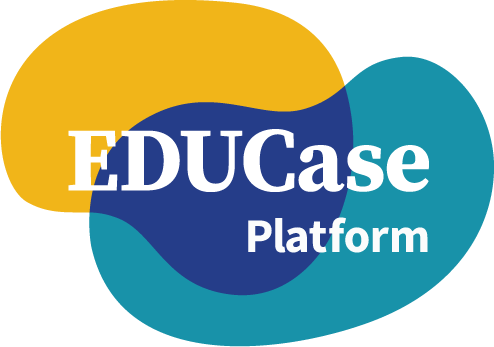Indigenous Venezuelan refugees lead the way in sustainable development
Ponto de Encontro is a multidisciplinary project between the Venezuelan Indigenous community Warao a Janoko (an association of 22 Indigenous Venezuelan refugee families), the United Nations Refugee Agency (UNHCR) Brazil, and a multidisciplinary group of students from the Sustainable Global Technologies (SGT) programme at Aalto University. The objective of the project was to support Venezuelan Indigenous refugees’ integration into the Municipality of Cantá, Brazil through participatory design and humanitarian architecture.
The project Ponto de Encontro focused on sustainable solutions, intercultural approaches, and building the resilience of local stakeholders. From the inception phase of the project, the objective was to actively engage the local stakeholders and empower the Warao a Janoko community by co-designing and implementing sustainable solutions to challenges faced in their settlement. The methodological approach of this problem-based learning (PBL) project was a participatory design, also known as co-design. This methodology actively involved local stakeholders in decision-making and implementation to ensure that the results meet the needs and values identified by the local stakeholders. Toward this agenda, the project team conducted in-depth research and online meetings with the local stakeholders before the field visit and implemented the activities during the field visit in spring 2023 through three phases of trust building, workshops, and future planning strategies.
One of the key achievements of the project was the construction of a pilot rainwater gathering system. Through participatory workshops, the community gained valuable knowledge in composting techniques, further strengthening their self-sufficiency in gardening and irrigation. In addition, the community played a pivotal role in planning a comprehensive booklet consolidating theoretical and practical information for future use. More information about the booklet is available here.
A UNHCR representative praised the Warao a Janoko project as "a beacon of successful integration and a model for participatory methodologies in humanitarian contexts." The outcomes of Ponto de Encontro have the potential to significantly elevate the quality of life in Cantá, serving as a replicable model for addressing displacement scenarios globally.
Positive feedback from both the Warao a Janoko community and the UNHCR attests to the success of Ponto de Encontro's participatory approach. By prioritizing community engagement and local empowerment, the project exemplifies bottom-up collaboration in a rural context, showcasing a successful and sustainable development benchmark.
Read more news
Breaking the Darkness: Tackling energy crisis in Lesotho
Lesotho, often called the Kingdom in the Sky due to its high altitude, faces a severe energy crisis, with nearly half of its population lacking access to reliable electricity.
Transforming Interdisciplinary Education: Sustainable Global Technologies (SGT) Across Four Continents
The true impact of our actions often unfolds over time, as demonstrated by the students at the SGT FAIR’24 on May 22. Their work showcased how a single student challenge can drive significant change.
A Global Learning Space: Empowering Students for Responsible Global Engagement
As part of the EDUCase network, the University of Oulu has offered to be the testing ground of a virtual learning initiative that aims to revolutionize virtual learning.
